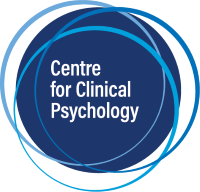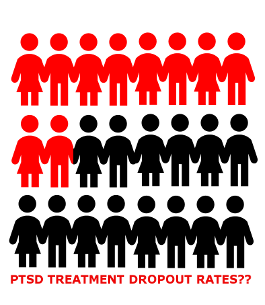
Oh, I get by with a little help from my friends
You might know the words from the Beatles or Joe Cocker, either way it is an important message about the significance of support. As common sense would tell us the same applies to those who are going through PTSD treatment. However, the kind of support is very important. Should it










